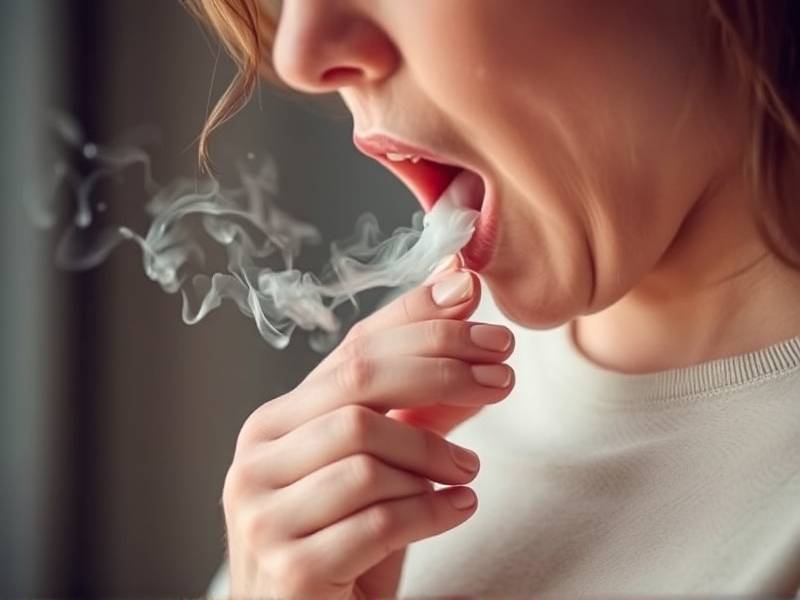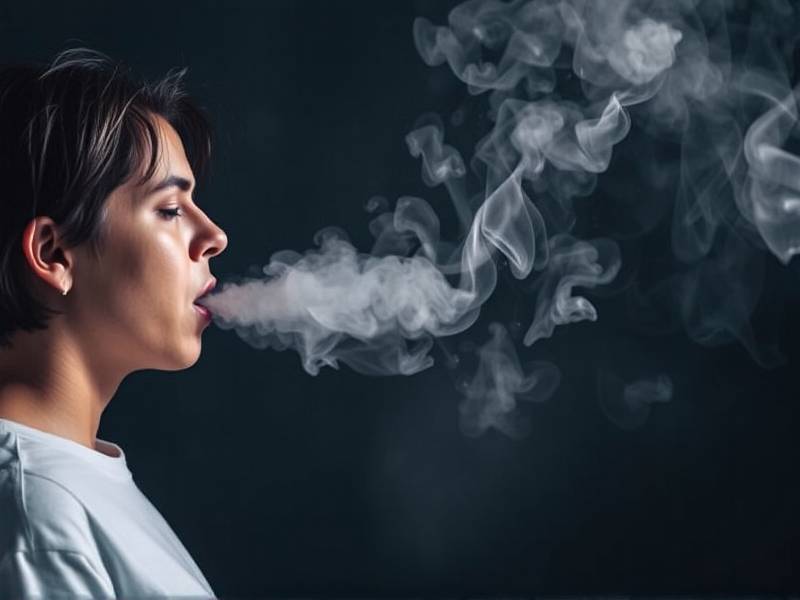Why Am I Coughing Up Phlegm After Quitting Smoking? The Surprising Reasons You Should Know
Why Am I Coughing Up Phlegm After Quitting Smoking? The Surprising Reasons You Should Know
Introduction: Quitting smoking is a significant step towards a healthier lifestyle, but it often comes with unexpected challenges. One common issue many smokers face after quitting is coughing up phlegm. This article delves into the surprising reasons behind this phenomenon and provides valuable insights for those looking to overcome this hurdle on their journey to a smoke-free life.
I. The Body's Response to Quitting Smoking When you quit smoking, your body begins the process of healing from years of exposure to harmful chemicals. One of the first responses is an increase in mucus production, which can lead to coughing up phlegm. This section explores why this happens and what it means for your recovery.

-
Cleaning Out the Lungs After quitting smoking, your lungs start to clear out the accumulated tar and mucus that have built up over time. This process can trigger a cough as your body tries to expel these toxins.
-
Increased Sensitivity Quitting smoking also increases the sensitivity of your respiratory system, making you more aware of any changes or irritations in your lungs. This heightened sensitivity can contribute to coughing and phlegm production.
II. Common Causes of Coughing Up Phlegm After Quitting Smoking Understanding the specific reasons behind your cough can help you manage it effectively and stay motivated on your quit journey. Here are some common causes:
-
Bronchitis Quitting smoking can exacerbate pre-existing bronchitis or trigger its onset in some individuals. Bronchitis leads to inflammation of the bronchial tubes, causing increased mucus production and coughing.

-
Allergies or Irritants Allergies or exposure to irritants such as dust, pollen, or pet dander can worsen coughing and phlegm production after quitting smoking.
-
Gastroesophageal Reflux Disease (GERD) GERD occurs when stomach acid flows back into the esophagus, causing irritation and symptoms like coughing and phlegm.
III. Managing Coughing Up Phlegm After Quitting Smoking While it's normal to experience coughing and phlegm during your quit journey, there are ways to manage these symptoms effectively:
-
Stay Hydrated Drinking plenty of fluids helps thin mucus and makes it easier to expel from your lungs.
-
Use Saltwater Gargle A saltwater gargle can help soothe your throat and reduce inflammation, making it easier to manage coughing.
-
Avoid Irritants Minimize exposure to allergens or irritants that may exacerbate your symptoms.
-
Consider Over-the-Counter Remedies Over-the-counter remedies like expectorants or decongestants may help alleviate coughing and phlegm production in some cases.
Conclusion: Coughing up phlegm after quitting smoking is a common yet manageable symptom that reflects your body's healing process. By understanding the underlying causes and implementing effective management strategies, you can overcome this challenge on your path towards a smoke-free life. Remember that persistence is key—your efforts will pay off as you enjoy improved respiratory health and well-being in the long run!
